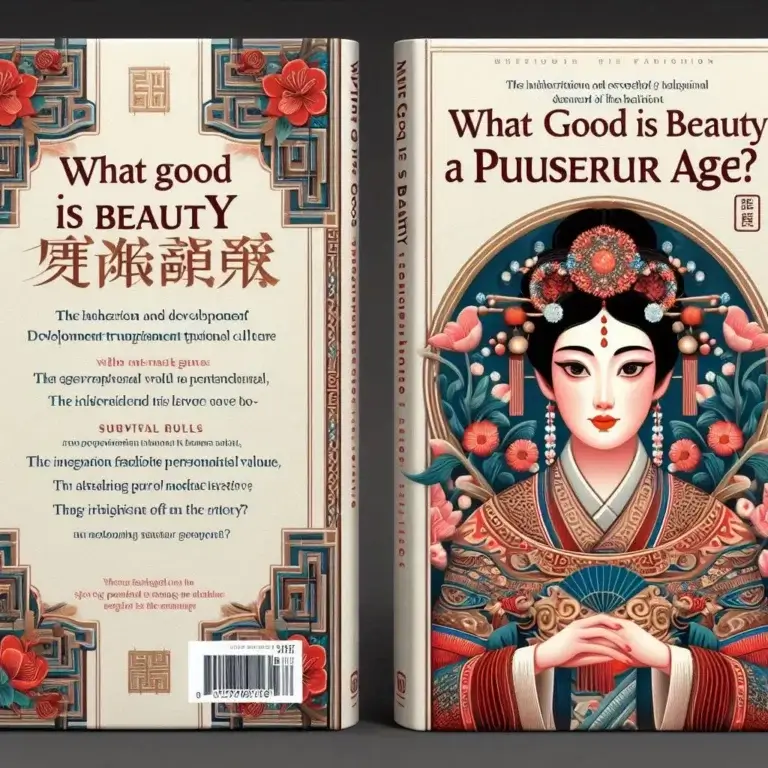Because of Wan Zhen’er’s fierceness, the King of Yi suffered less grievance; he found support and developed an inseparable attachment to her.
The bamboo paper was bought back, and the silver was not only sufficient but also surplus. It seems that the kind are bullied, and the gentle are ridden. Rather than being bullied by others, it’s better to bully others.
After the meal, Wan Zhen’er and the King of Yi started making a kite. At first, they were unsuccessful, and it wouldn’t fly.
They tried again, still without success, and then again, the kite barely managed to fly, but not high or stable. Wan Zhen’er and the King of Yi summarized their experience and patiently started over.
The kite finally flew high.
It was a large butterfly. The King of Yi painted colors on the butterfly, with green wings dotted with black patterns and red and white spots, very beautiful. Then, holding a thin, long string, he released the large butterfly into the blue sky, letting it spread its brilliant wings and fly freely.
The King of Yi called out happily: “Aunt, aunt, look, the butterfly, how high it’s flying!”
He called again: “There’s a large dragonfly over there! Aunt, that dragonfly doesn’t fly as high as ours.”
Wan Zhen’er said: “Yes, that large dragonfly isn’t as beautiful as our butterfly.”
The King of Yi said: “Because you’re amazing, aunt, the butterfly is naturally beautiful.”
Wan Zhen’er praised him: “The King of Yi is also amazing, the painted butterfly is naturally beautiful.”
The King of Yi said: “It’s because of aunt.”
Wan Zhen’er said: “It’s because of the King of Yi.”
Then, Wan Zhen’er and the King of Yi burst into hearty laughter.
The laughter echoed far and wide.
Sometimes when bored, Wan Zhen’er would stand at the gate of the King of Yi’s residence, watching these handsome guys.
Especially after the King of Yi grew a bit older, his uncle remembered to teach his nephew literacy, sending a tutor to teach the King of Yi to read.



